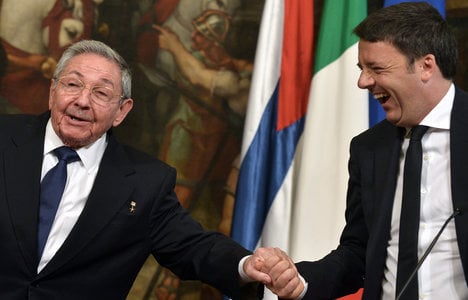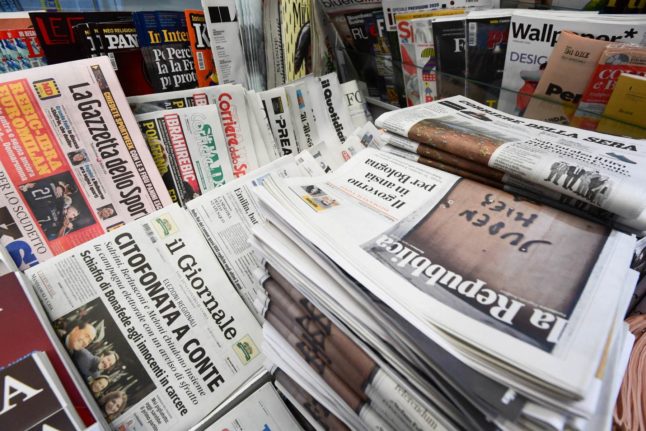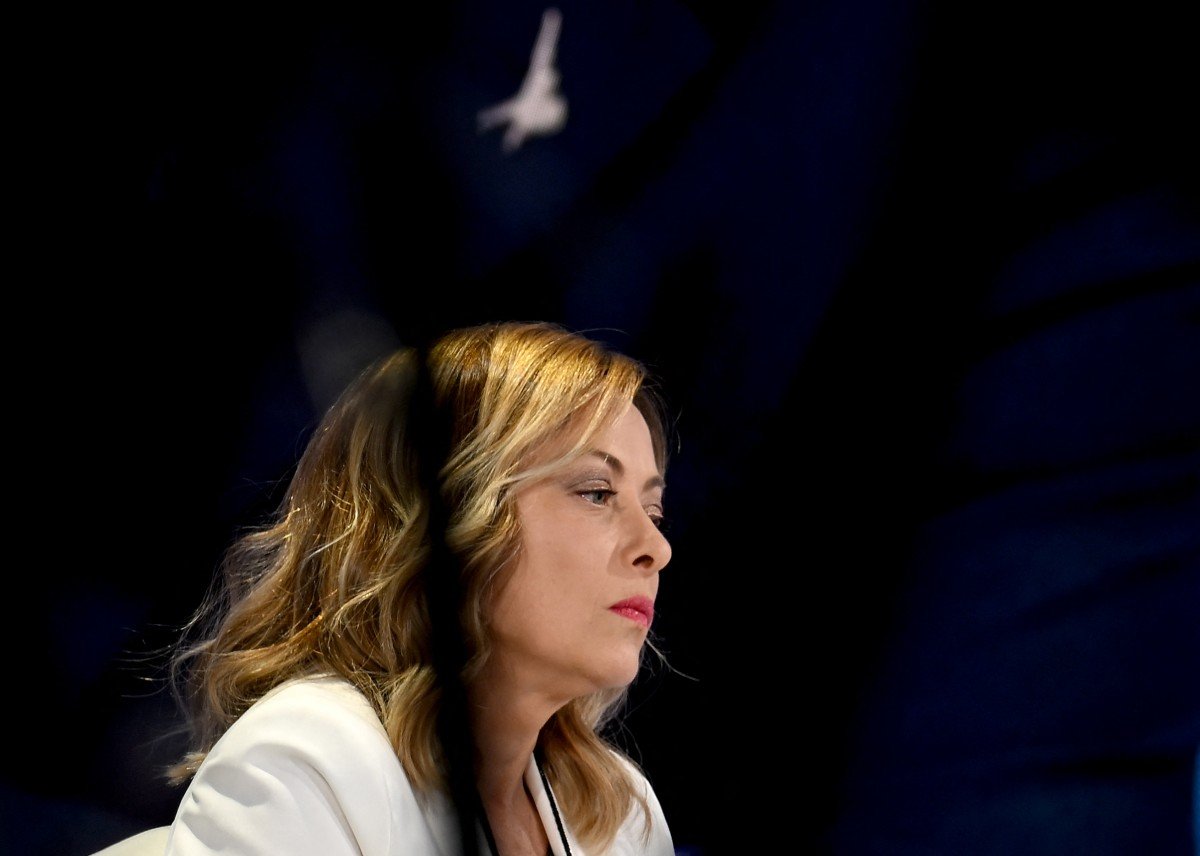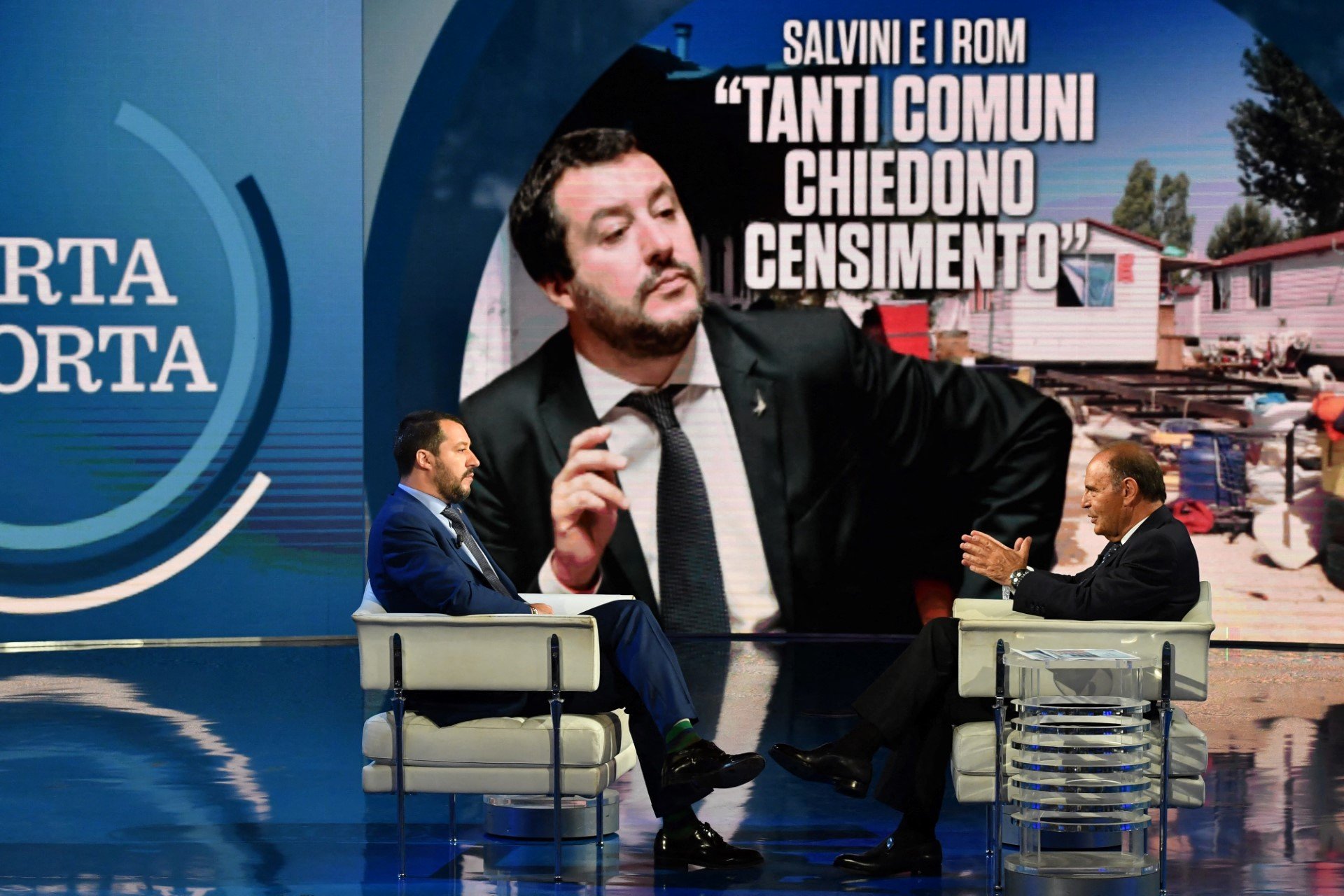Renzi, who is traveling with a large delegation of business executives and investors, will meet with Cuban President Raul Castro and seek to boost Italy's presence in the tourism, restaurant, construction, recycling and renewable energy sectors, Italian press reports said.
Cuba, which depends heavily on oil imports, is looking to increase the share of renewables in its energy mix from 4.3 percent to 24 percent by 2030.
And Italy, which is in the midst of a renewable energy boom, thanks largely to generous state subsidies, is keen to strike partnerships in the sector.
Italy is currently Cuba's eighth-largest trade partner and Cuba is an increasingly popular destination for Italian tourists: arrivals are up 34 percent so far this year, to 77,000 – the fifth-highest number of any country.
European nations have shown a keen interest in deepening ties with Cuba as the United States continues negotiations on normalizing ties with the island after more than five decades of Cold War hostility.
French President Francois Hollande visited Cuba in May, and the Netherlands and Spain have called for the European Union to speed up parallel negotiations to restore relations suspended in 2003 over a Cuban crackdown on journalists and activists.
The visit is Renzi's final stop on a Latin American tour that also took him to Chile, Peru and Colombia.





 Please whitelist us to continue reading.
Please whitelist us to continue reading.
Member comments